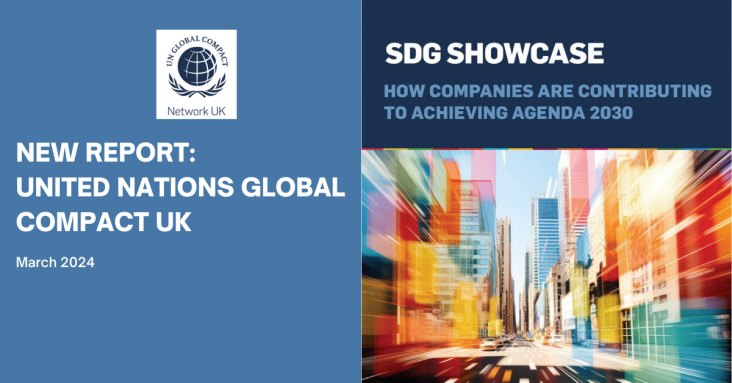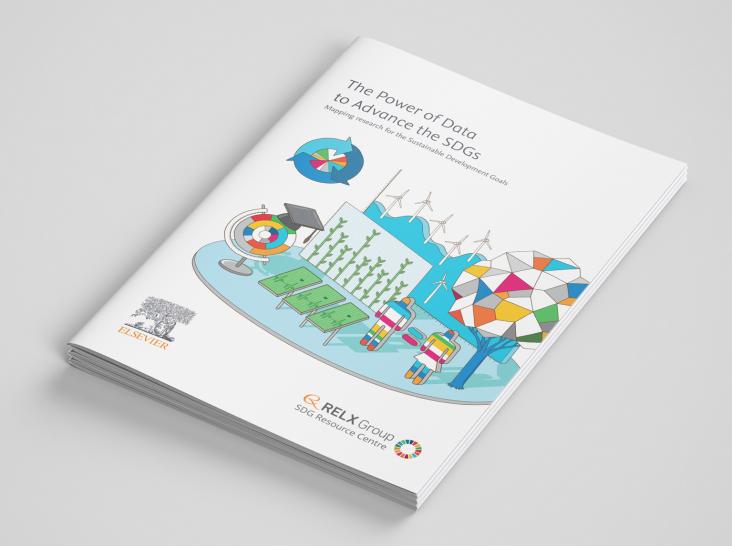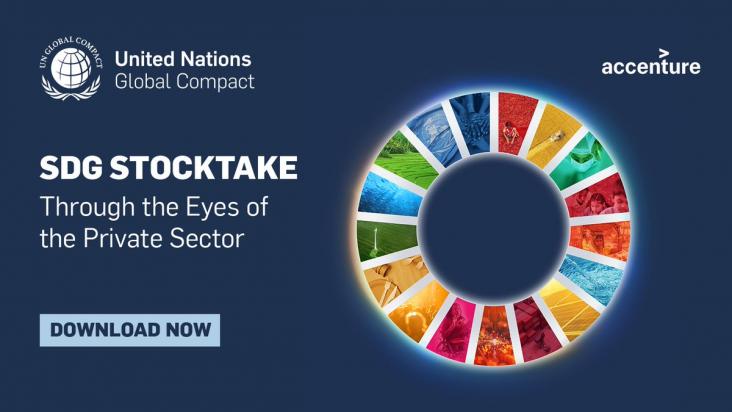Promote peaceful and inclusive societies for sustainable development, provide access to justice for all and build effective, accountable and inclusive institutions at all levels

In recent years, increased expectations from investors, regulators, employees, and customers have put significant pressure on companies to increase their sustainability efforts.
The Sustainable Development Goals (SDGs) are not just another sustainability framework, but the only universally agreed blueprint to turn meaningful ambition into transformational change. However, businesses report difficulties in integrating the SDGs into their core strategies and in understanding, reporting, and managing their impact on the Goals.

Access to information is critical in achieving the SDGs - empowering the public to make decisions, informing policy making and enabling effective implementation and monitoring. RELX businesses regularly produce and publish free to download reports and analytics that draw upon vast amounts of information and data in support of the SDGs. Explore some of the reports and tools developed to date.

The United Nations Global Compact-Accenture Global Private Sector Stock take report report offers an appraisal of private sector contributions to the SDGs so far and outlines a clear pathway for private sector action over the next seven years.
National statistics are an essential component of policy making. Yet many national statistical systems face challenges in collecting, producing, analysing and disseminating the data required for sustainable development. Furthering SDGs 10 and 15. This report introduce a pioneering approach to capacity development – Capacity Development 4.0 – that brings together new data stakeholders, does more to involve users and promotes a holistic view of statistical capacity development.
Partner content
United Nations UniversityUnited Nations University, November 2019.
Contributing to SDG 10 (Reduced Inequalities) and SDG 16 (Peace, Justice and Strong Institutions), this research prioritized engaging with young people as research partners in order to examine the needs of children exiting violent armed groups.
Legal identity for all – including women, children, and other vulnerable groups – is critical for achieving the SDGs. Linking Civil Registration and Vital Statistics (CRVS) with identity management systems can transform how governments empower and provide for their populations. This compendium brings together good practices from select countries that have made great effort in linking these systems and highlights the resulting benefits. This contributes to SDG 10 and 16.
Partner content
United Nations UniversityUnited Nations University, September 2019.
Directly relevant to SDGs 8 (Decent Work and Economic Growth) and 17 (Partnerships for the Goals), this report explores a public-private partnership which puts the financial sector at the heart of global efforts to end modern slavery and human trafficking and accelerate action in eradicating these practices.
This report conducts an analysis of the intergovernmental fiscal transfer programs whose budget allocation formulas include population criteria.Through a series of simulations in three Latin American countries (Bolivia, Ecuador, and El Salvador), it analyses what would have happened if more accurate population estimates had been used when allocating transfers to subnational governments. This contributes to SDGs 10 and 16.
This report showcases the latest transaction patterns, trends and cybercrime threats in Europe, the Middle East and Africa (EMEA). It is essential reading for anyone involved in cybersecurity, financial crime, digital identity, fraud management and threat detection, advancing SDGs 8 (decent work and economic growth) and 16 (peace, justice and strong institutions).
The SDG National Reporting Initiative was launched to facilitate greater information-sharing on SDG reporting between international, regional, and local communities, furthering SDGs 16 and 17. This report summarises the state of SDG reporting as well as challenges and successes identified during the implementation of the SDG National Reporting Initiative.
